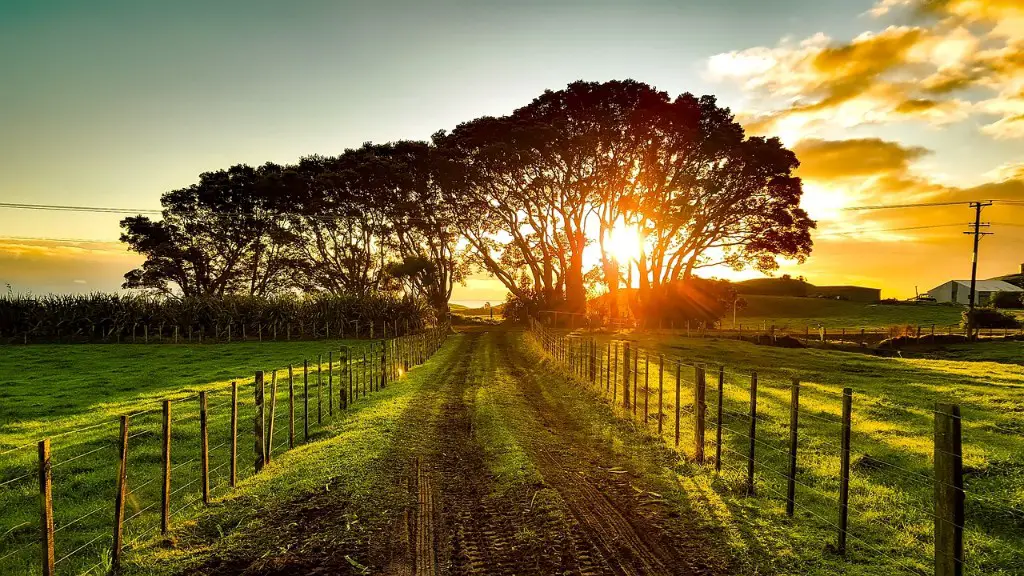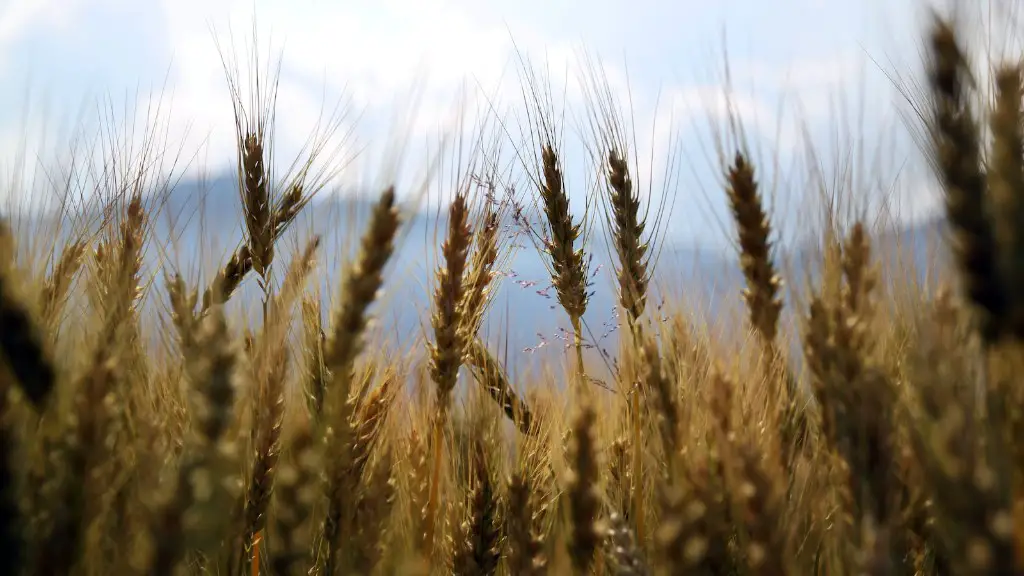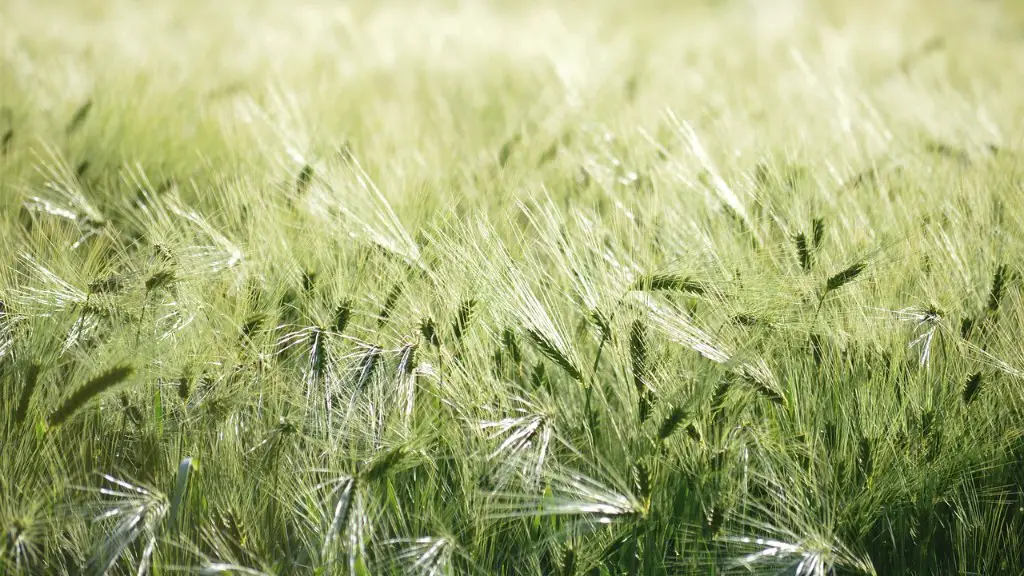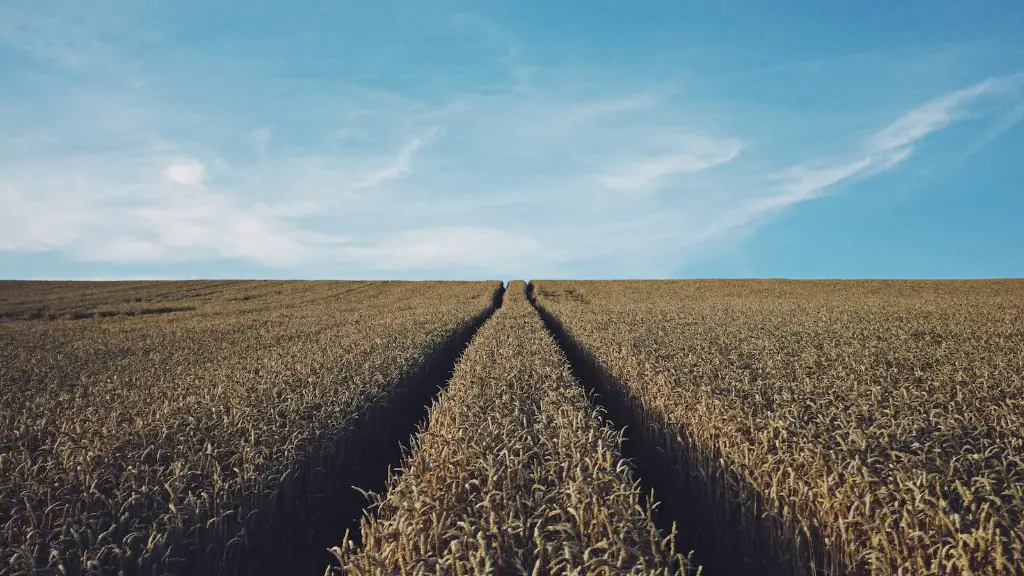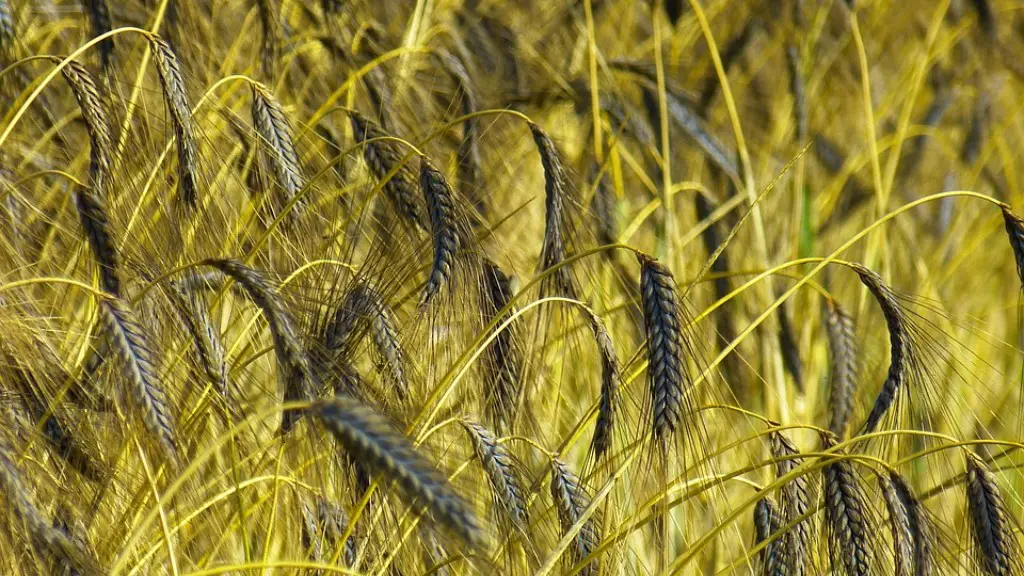The world would be a very different place without agriculture. For starters, there would be no human civilization as we know it. Agriculture is responsible for the domestication of plants and animals, which led to the development of civilizations. Agriculture allowed for the growth of cities and the rise of civilizations. There would be no food as we know it without agriculture. The fruits, vegetables, and grains that we eat are all products of agriculture. Agriculture has also played a major role in human history, shaping the world as we know it today.
We would be without food. Agriculture is responsible for the production of most of the world’s food supply.
What would happen if there was no agriculture?
In a world without agriculture, the human population would be restricted to a semi-nomadic lifestyle. The most likely answer is something between 2 million and 20 million. In such a world, with no domesticated livestock, there would be millions more elephants and hundreds of thousands more lions, tigers and whales.
It’s interesting to note that the largest country in the world, Greenland, has no arable land, while the smallest nation, Vatican City, also has no arable land. This just goes to show that size isn’t everything when it comes to land resources!
Where is agriculture important
Agriculture is vital to society in many ways. It provides food and jobs for people, raw materials for industry, and helps to build strong economies through trade. Agriculture also has a big impact on the environment, both positive and negative.
Agriculture is the world’s oldest and largest industry, employing more than one billion people and generating over $13 trillion dollars worth of food annually. Pasture and cropland occupy around 50 percent of the Earth’s habitable land and provide habitat and food for a multitude of species. Agriculture is a vital part of the global economy and plays a critical role in human health and well-being.
How will the world be without agriculture?
If there are no farmers, the health ratio of people will decrease, and the chances of getting sick will increase. It affects the economy of every country. In this modern world, food is available by the grace of farmers. Farmers are always an essential part of our society and economy.
Agriculture plays a vital role in reducing poverty, raising incomes and improving food security for the majority of the world’s poor. The World Bank Group is a leading financier of agriculture, providing financing and technical assistance to help countries develop their agricultural sectors. Through our work, we aim to help countries increase agricultural productivity, improve rural incomes and reduce hunger and malnutrition.
Which is the largest country with no farms?
Singapore is a relatively small island country with a population of over 5 million people. The land area is only about 710 square kilometers. Despite its small size, Singapore has a very diversified economy. The service sector accounts for about 80% of the GDP, while the manufacturing and construction sector account for about 10%. The remaining 10% is from the agriculture sector.
There are no farms in Singapore because the land is too scarce and expensive. The government has been encouraging local farmers to produce more food locally, but the lack of land continues to be a major challenge. The government is also working on importing food from other countries to meet the growing demand.
Agriculture and its related industries are a critical part of the US economy, providing 105 percent of total US employment. In 2021, there were 211 million full- and part-time jobs related to the agricultural and food sectors. The industry is expected to continue to grow in the coming years, providing even more jobs and opportunities for Americans.
What are 3 reasons why agriculture is important
There are many reasons why agriculture is important. It is the main source of raw materials for many industries, it is important to international trade, it plays a big role in a nation’s revenue, it provides employment, it is crucial to a country’s development, and it can help heal the environment. Agriculture also goes hand-in-hand with war, as it is often used as a tool of war.
The agriculture industry is responsible for producing most of the world’s food and fabrics. It has a huge impact on our everyday lives, even if we don’t realize it. Without agriculture, we wouldn’t have the food we need to survive or the clothes we need to keep us warm.
How did agriculture help the world?
Farming has been a key part of human history, enabling us to grow all the food we need in one place. This has led to massive population growth, as well as the development of cities and trade. Agriculture has had a profound impact on our development as a species, and will continue to do so in the future.
As the world’s population continues to grow, the demand for food will put increasing pressure on the land and water resources used for agriculture. This can lead to land degradation (such as soil erosion and salinization), and eutrophication. Agriculture is also a major source of greenhouse gas emissions, which contribute to climate change.
How does agriculture help the economy
Agriculture is a vital sector of the economy, playing a major role in economic growth and development. As the provider of food, it is a cornerstone of human existence. As a furnisher of industrial raw materials, it is an important contributor to economic activity in other sectors of the economy.
Agriculture plays a vital role in the economy, providing food for people and raw materials for industry. It is a major source of employment and income, and is a key driver of economic growth. It is also an important sector for rural development, making a significant contribution to the social and economic fabric of communities across the country.
Sustainable agriculture is a great way to help preserve the earth’s natural resources. In addition to preserving the earth’s natural resources, sustainable agriculture benefits the environment through helping maintain soil quality, reducing erosion, and preserving water.
Do poor countries rely on agriculture?
Agriculture is critical to developing countries, both economically and in its potential to improve people’s lives. People who work in agriculture in developing countries typically do so as independent small-scale farmers or pastoralists who depend on the food they can produce on their own.
Agriculture is the main source of livelihood for many people in developing countries. It provides food, income, and employment for a large proportion of the population. In addition, agriculture has the potential to reduce poverty and improve food security.
However, agriculture in developing countries faces a number of challenges. Small-scale farmers often lack access to land, credit, and technology. They also have little voice in the political process. As a result, they are often at a disadvantage when competing with large-scale commercial farmers.
In addition, agriculture in developing countries is often constrained by environmental degradation. Poorly managed agriculture can lead to soil erosion, water pollution, and loss of biodiversity. climate change is also a major challenge for agriculture in the developing world.
Despite the challenges, agriculture remains a vital sector in developing countries. With the right policies and investments, it has the potential to spur economic growth, reduce poverty, and improve food security.
Farming in Greenland was difficult a few years ago because the temperatures did not remain warm enough for crops to blossom. But now things are changing Greenlandic potatoes, cabbage, and a variety of herbs have become common in supermarkets on the island.
Final Words
We would not be able to survive without agriculture. Agriculture is necessary to grow the food that we eat. We would also not be able to survive without the animals that agriculture provides.
If it wasn’t for agriculture, humanity would not have been able to domesticated plants and animals, which allowed for the growth of civilizations. Agriculture allowed for the growth of cities and the surplus of food allowed for the development of art, religion, and science. We would not be where we are today without agriculture.

